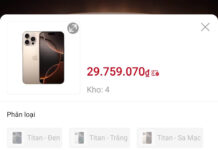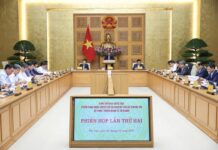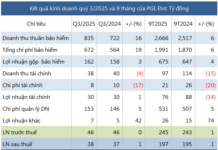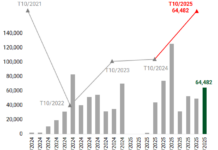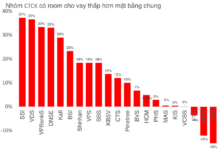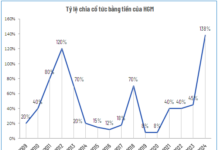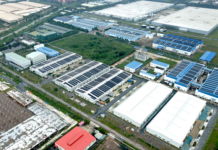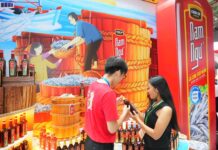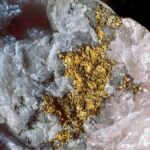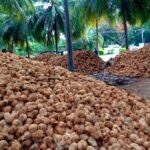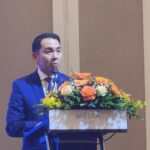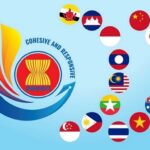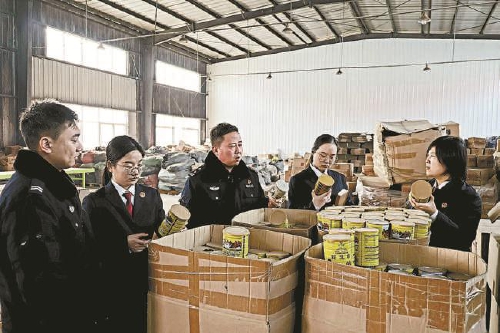
A massive fraud case involving over 60,000 elderly victims has been uncovered in Henan Province, China, following the successful bust of a syndicate selling fake camel milk through phone calls. The total illicit profits are estimated to be 6.449 million yuan (approximately 2.35 billion VND).
In 2019, Shang and Zhang, two friends who had previously started a food service business together, had to shut down their company due to losses. Not giving up on their dream of getting rich, in August 2020, they devised a plan to sell counterfeit camel milk to recoup their investments.
Targeting the elderly, who often lack access to accurate information and prioritize their health, the suspects crafted a sales pitch that appealed to their desire for affordable yet beneficial products.
Through well-trained call center agents, the group made hundreds of calls daily with enticing offers: “Buy six tins of camel milk powder with probiotics and calcium, originally worth 1,680 yuan (over 6 million VND), now only 130 yuan (475 thousand VND). It boosts immunity, improves sleep, and nourishes the cardiovascular system and stomach.”
However, the victims only received inexpensive drink mixes that did not contain any camel milk, with an actual value of just 4 yuan (15 thousand VND) per tin.
To expand their operation, Shang recruited over 70 employees with attractive salaries, operating under the guise of a catering services company. Across four locations, the group followed a hierarchical model, with separate divisions for collecting personal information of the elderly, making calls, managing orders, and logistics.
In May 2021, after receiving a tip from an insider, the police launched an investigation. They seized over 200 computers, 200 mobile phones, 5 vehicles, along with server data, delivery account information, and more. After scrutinizing the evidence, the authorities identified 84 individuals involved in this scam, defrauding more than 60,000 victims across 25 provinces in China.
Initially, many suspects tried to deny their involvement, claiming they had only “misadvertised” the product. However, the prosecution asserted that this was an organized fraud scheme. The significant price discrepancy, the absence of camel milk in the product, the fixed sales script, and the discontinuation of communication after delivery were all factors that constituted fraud.
The King of Fruits: Vietnam’s Million-Dollar Treasure that has China Enchanted.
With a land area spanning hundreds of thousands of hectares, Vietnam ranks 7th out of 93 countries worldwide.
3 Years of RCEP: Asserting the Role in an Open Economy
The RCEP encompasses 15 nations, including the 10 member states of the Association of Southeast Asian Nations (ASEAN), as well as China, Japan, South Korea, Australia, and New Zealand. This mega-regional trade agreement aims to enhance economic integration and facilitate trade and investment within the region. With a diverse range of economies and a vast market, the RCEP holds significant potential for businesses and consumers alike.

